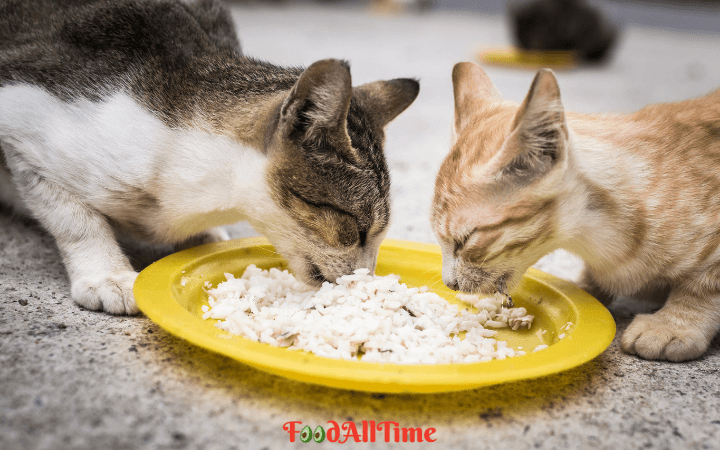If you have an indoor cat, you want to make sure you are feeding them the best diet for their health and wellness. Prescription cat foods are specially formulated to address certain health conditions in cats, such as urinary issues, kidney disease, or allergies. As convenient as it seems, should prescription cat food be the only thing you feed your indoor feline?
Prescription cat foods provide nutritional profiles tailored to cats with specific health problems. For example, cats with chronic kidney disease often eat Hill’s k/d prescription food, which limits phosphorus and protein to reduce strain on the kidneys. Prescription foods also sometimes have extra nutrients added to support certain conditions. For example, Hill’s c/d Multicare Urinary Care for cats adds more moisture, vitamins C and B6, and omega-3 fatty acids to promote healthy urinary tract function.
- Addresses nutritional requirements tied to certain feline diseases and disorders
- Veterinarian-approved as safe and effective
- Convenient single-food solution instead of buying multiple foods
- Takes the guesswork out of choosing appropriate nutrition
What do cat nutrition experts recommend?
Most veterinarians and feline nutritionists caution against making any cat food – prescription or not – the sole thing your cat eats for extended periods.
- Feed prescription food to address the health issue, not as an exclusive diet. Work with your vet on how much to feed.
- Rotate between 2-3 recipes of the prescription food to add variety.
- Supplement with some high-quality wet or raw non-prescription cat foods. Prioritize moisture-rich choices to support feline urinary and kidney health. Consult your vet first.
- Periodically mix small amounts of new flavors or textures to keep your cat interested in their food.
- For young, healthy cats, offer non-prescription foods and supplements as needed with prescription blends based on health conditions.
With the above advice in mind on using prescription cat food wisely, let’s look at the most recommended cat food options for typical indoor cats:
Dry foods
Of all dry foods are the best cat food for indoor cats, Wellness Core Indoor Health Dry Cat Food leads for its great ingredients. This grain-free recipe features a wealth of high-quality animal protein, including deboned turkey, chicken, and herring meal. It is further enhanced with probiotics and nutrients like taurine to support heart health and good digestion. Reviewers praise the smaller kibble shape and morsels in gravy for increasing picky cats’ interest. If you want a veterinarian-approved option specifically tailored to indoor cats’ needs, Purina Pro Plan FOCUS Indoor Care Adult is an excellent choice. Purina optimizes the levels of key nutrients like fatty acids, antioxidants, and vitamins to nourish indoor cats spending most of their time lounging and sleeping. Owners love the visible tuna and rice in the recipe, which seems irresistible to kibble-jaded cats.
Wet cat food options
For the indispensable cat food moisture component, Ziwi Peak Air-Dried Cat Cuisine is a standout. This is an air-dried raw food made of meat, organs, bone, and New Zealand green mussels. Because nothing else is added, this limited-ingredient diet works extremely well for cats with allergies or food sensitivities. Reviewers say finicky cats flip over the taste and even cats on prescription diets could benefit from this as a nutritious topper to boost moisture.


